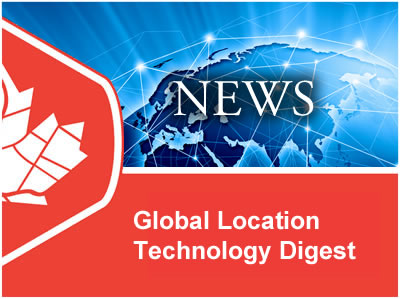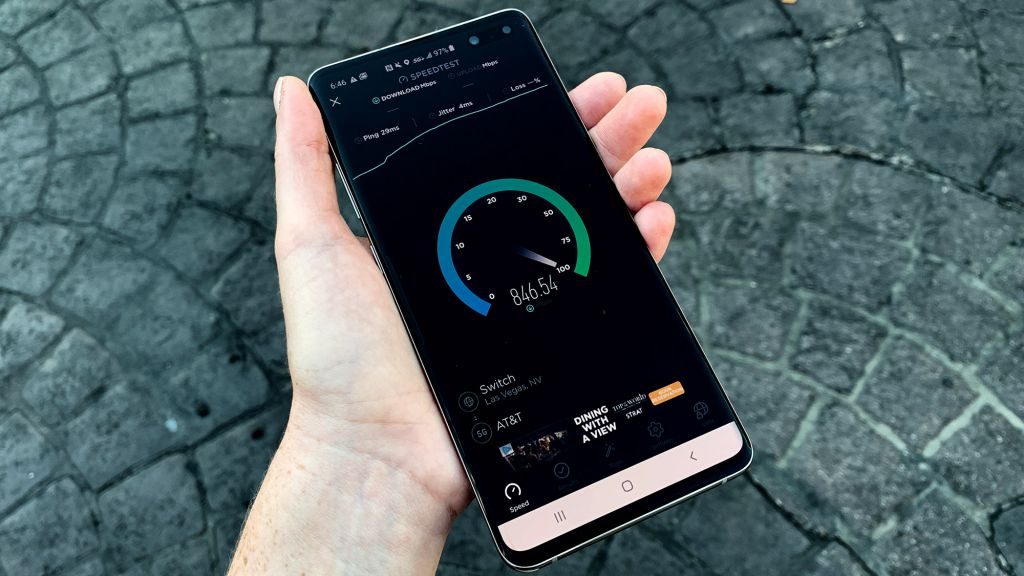Your Global Geospatial Briefing for July 16th: OGC Announcement; Road towards driverless mobility; 5G vs 4G; Smart cities in Europe

On July 10th2019, The Open Geospatial Consortium (OGC) announced the formation of the Blockchain and Distributed Ledge Technologies Domain Working Group (DWG). Participants will focus on the importance of geospatial standardization within these revolutionary and disruptive technologies.

Also Read: OGC’s discussion paper entitled Geospatial Standardization of Distributed Ledger Technologies
Road towards driverless mobility
Although autonomous driving technology is gaining popularity, Auto-Tech-AIs find themselves unfolding 3 aspects; Advanced driver-assistance systems, Robotaxi ride hailing as the future of mobility-as-a-service, and Series-production passenger car autonomy.
With this comes a few concerns. The first being cost. For the foreseeable future, these high-performance computing systems for these self-driving systems are too expensive for series-production passenger cars. The second concern is an area that is often overlooked, regulation. Balancing safety and usefulness, while keeping in mind societal norms and society’s level of acceptance will prove to be tricky. Finally, one must also consider geographic scale. These systems must operate “everywhere” and that is easier said than done.
Navigating the winding road toward driverless mobility
5G vs 4G

The transition from 3G to 4G was a game changer. It allowed smartphones to be used in ways no one could of imagined. With mobile apps, streaming videos and streaming services now a norm, what will 5G bring?
5G is available in some cities, but it is far from perfect. The gigabit speed is not yet sustained to the level promised, but experts do predict that it will change. With 5G already being 10 times faster than 4G, theoretically, 5G devices will reach peaks of 10Gbps!
5G vs. 4G: Real-World Wireless Speeds Compared
Smart cities in Europe
With Europe in particular, more mayors are claiming to promote the smartness of their cities. Having a smart city may not be easy to define, but it is a claim we are finding more around “advanced” and tech-savvy cities in the world. It can describe how well a city is connected and how a city is sustainable.
Although some may argue that some cities are currently quite “smart”, there is a never-ending change, never ending stream of ideas and opportunities that can be generated. For that reason, it will be essential that city planner go beyond the claim of “smart cities”, and look at re-designing, creating new areas, and foreseeing future business needs.



